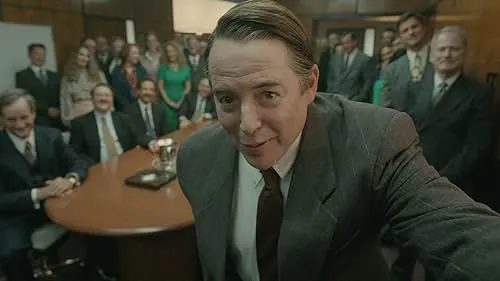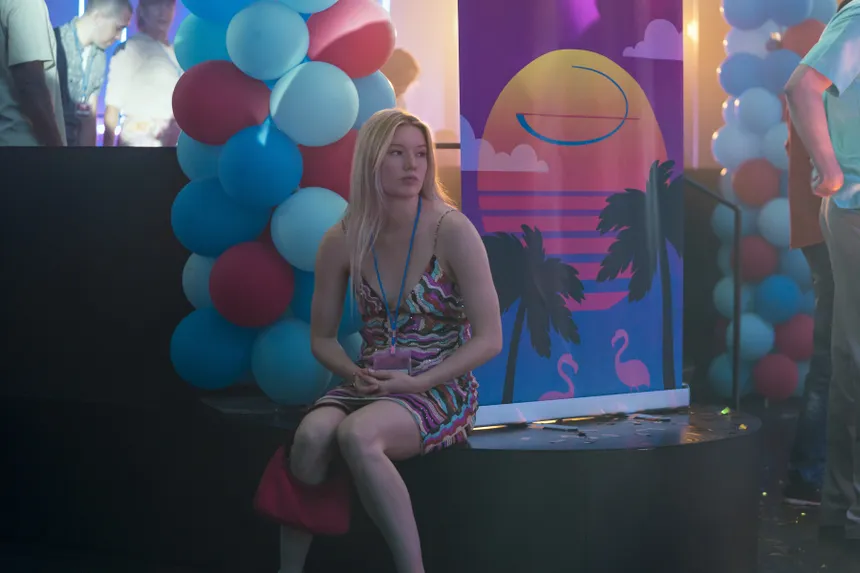The 2023 Netflix miniseries Painkiller is a disappointing and superficial exploration of the OxyContin epidemic, relying on shallow storytelling and poor execution to convey the devastating impact of the Sackler family’s greed. The show’s fictionalized account lacks the depth and nuance of Hulu’s 2021 series Dopesick, which provided a more comprehensive and emotionally resonant portrayal of the same story. Painkiller’s narrative is overly reliant on sensationalism, attempting to be edgy and provocative by incorporating awkward and unrealistic elements, such as Richard Sackler’s supernatural experiences and offbeat music choices.
The show’s attempts at creative liberties fall flat, failing to provide any real insight into the characters’ motivations or the complexities of the epidemic. The casting choices are also a letdown, with Matthew Broderick’s performance as Richard Sackler lacking the menace and gravitas brought by Michael Stuhlbarg in Dopesick. Uzo Aduba’s portrayal of Edie Flowers is similarly hampered by the weak writing and stiff storytelling. Instead of providing a nuanced exploration of the epidemic, Painkiller settles for a superficial overview, relying on narration and clunky exposition to deliver the necessary information.

A Still From Painkiller (Photo: Painkiller)
The show’s approach is uninspired and unengaging, failing to trust its audience to grasp the complexities of the story. In contrast, Dopesick was a more thoughtful and measured exploration of the OxyContin epidemic, featuring richly detailed character studies and a deeply emotional portrayal of the human cost of the crisis. The show’s focus on the emotional experience of taking on callous corporations was a welcome departure from the sensationalized approach taken by Painkiller.
Ultimately, Painkiller’s failure to deliver a compelling and thought-provoking portrayal of the OxyContin epidemic renders it a lesser work compared to Dopesick. The show’s awkward execution and lack of depth make it feel like an unnecessary addition to the already-dominated terrain of true-crime dramas. As the final episode comes to a close, the viewer is left with a sense of relief that the series is over, feeling that the true story of the OxyContin epidemic deserves a more thoughtful and inspiring adaptation than what Painkiller has to offer. The show’s inability to capturing the nuances of the epidemic and the Sackler family’s greed results in a shallow and uncommunicative portrayal that fails to do justice to the story.
























